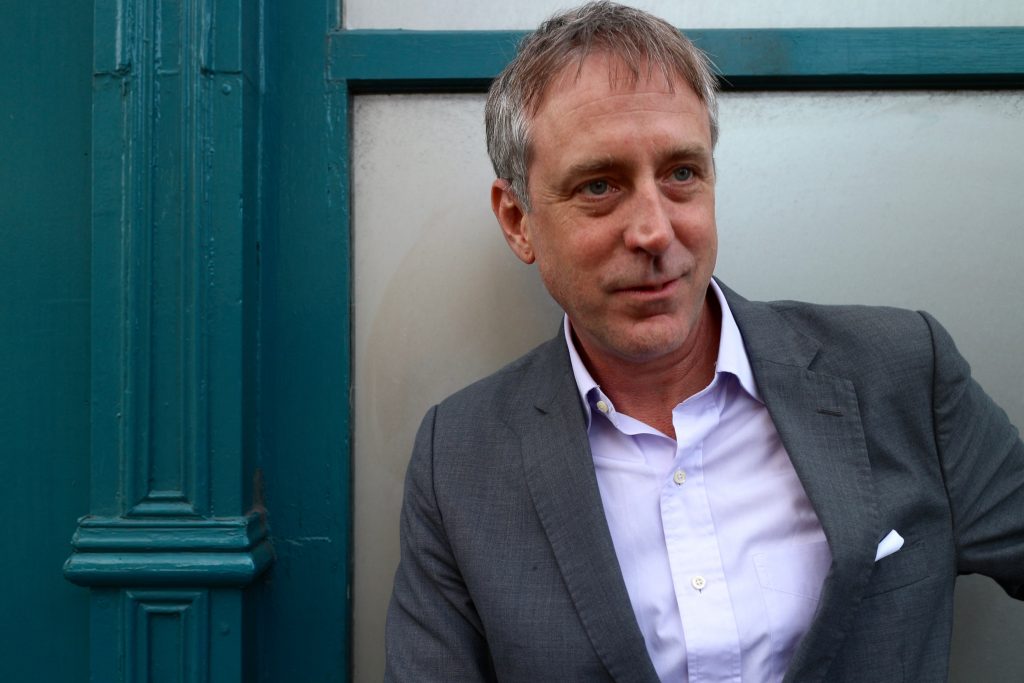 “Science is about discovering that things aren’t as you expected. The more I learn, the more I realise I don’t know. One of the fun things about what I do just now is that I get to see a lot of different research communities and how they conceive of and represent data, and what data mean to them.
“Science is about discovering that things aren’t as you expected. The more I learn, the more I realise I don’t know. One of the fun things about what I do just now is that I get to see a lot of different research communities and how they conceive of and represent data, and what data mean to them.
There are really a lot of different discipline-oriented communities. I come from a domain repository – we just called it a data center – and for me, it’s interesting coming from that environment as opposed to the library, institution, repository, or iSchool environments, who are dealing with very similar issues and approaching them with different perspectives.
I do think in some areas there is emerging consensus and that’s exciting to see. The very fact that everyone accepts PIDs on data, that’s almost universal, we might argue about which one, but the strong consensus is that there should be something. We’re seeing greater convergence about metadata standards, too, particularly in my field. I think we’re getting better at listening to each other from different domains – historians and ecologists discover they have the same data problems. This makes them feel they’re not alone but also that their problems are generic and can have common solutions. There is a community. When I first started at a data center 25 years ago, I’d be the data person at science conferences. That’s not the way it works any more.
We are in dire times just now. We seem to be in an age of growing authoritarianism, and some people are trying to pretend there isn’t evidential knowledge. This makes research all the more important. Data sharing, open knowledge, open data, it’s more important than it’s ever been.
